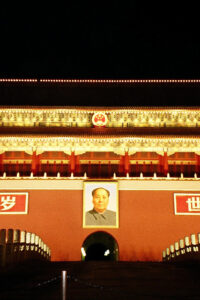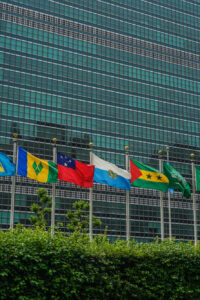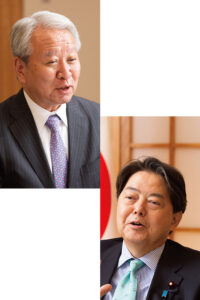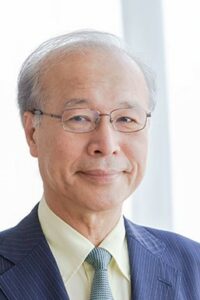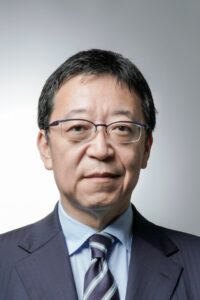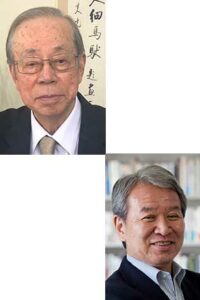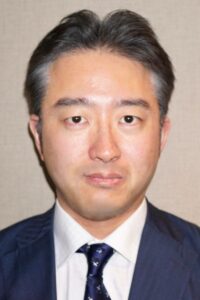
The post-Cold War euphoria of the triumph of liberal democracy did not persist. In an era of resurgent struggles over “geography and history” and the rise of China as a new destabilizing factor, what has been the thinking of Japanese diplomacy and how has it been behaving? Iokibe Makoto, Chancellor of University of Hyogo Globalization and regional identity In October 1989, the Berlin Wall fell, the Communist regime of the Soviet Union and Eastern Europe collapsed in an avalanche-like fashion, and the long-lived bipolar order under the Cold War ended. The antagonism between two camps headed by two nuclear powers ended and people expressed naïve expectations of the creation of one peaceful world. Francis Fukuyama wrote The End of History and the Last Man, trying to depict the ultimate victory of liberal democracy and market economy as history unfolding. However, suffering ... ... [Read more]
